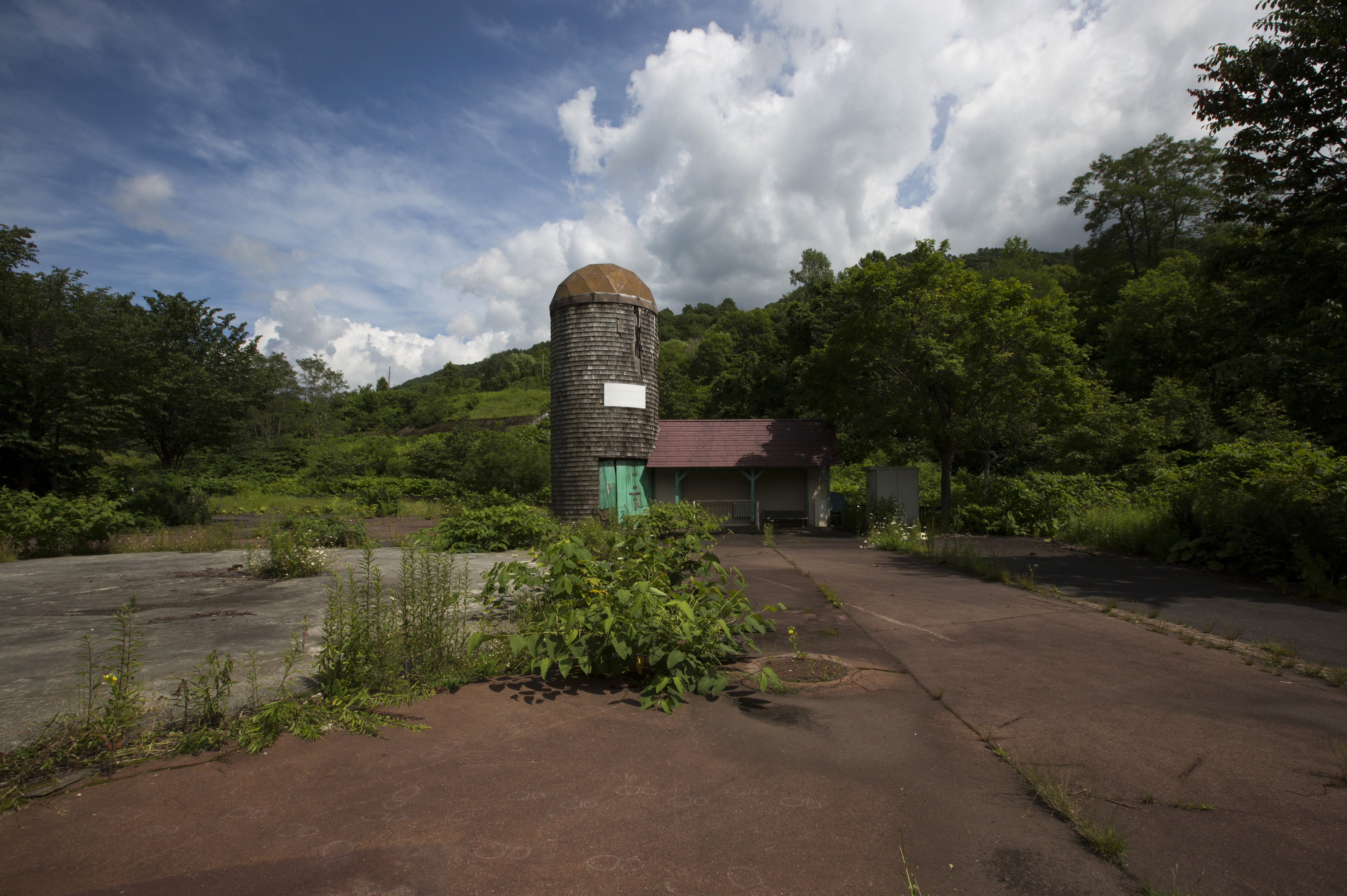A former coal-mining town in Hokkaido is taking unprecedented measures to combat its biggest challenge: a devastating shrinking of its population. Its success could decide the future for hundreds of other local governments waging the same battle for survival.
Since its peak in the post-war economic boom of the 1960s, the population of Yubari, a town just over an hour's drive east of Sapporo known better for growing luxury melons costing millions of yen, has plunged by over 90 percent to just 9,000 as seniors died and young people moved to bigger cities. Ten years ago, it became Japan's first municipality to declare bankruptcy.
To keep from becoming a so-called ghost town — when a city ceases to function due to a precipitous decline in population and is ultimately abandoned — Yubari embarked on a drastic experiment. City officials began merging schools, slashing government jobs and salaries, halting funds for public swimming pools, toilets and parks, curtailing services such as bus routes and snow removal, and downgrading the local hospital to a clinic. The most drastic measure has been the forced relocation of hundreds of residents from public housing on the city's outskirts to blocks of new, low-rise apartments closer to the city center.



